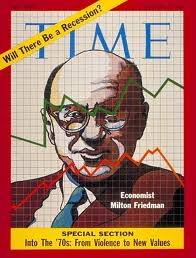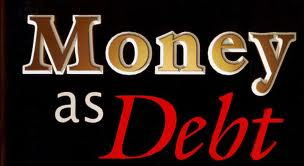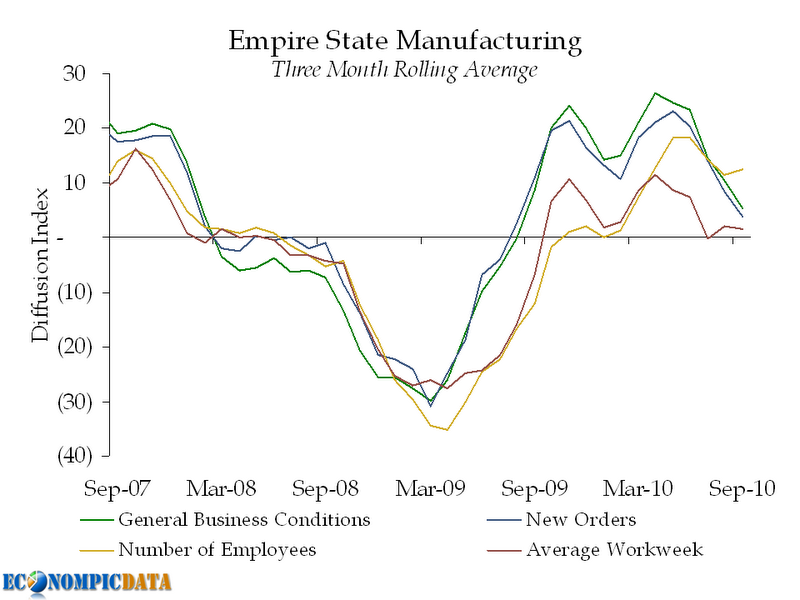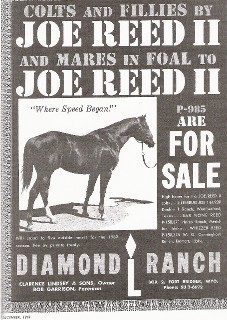Governments never learn. Only people learn.
We have a system that increasingly taxes work and subsidizes nonwork.
I'm in favor of legalizing drugs.
According to my values system, if people want to kill themselves, they have every right to do so. Most of the harm that comes from drugs is because they are illegal.
Every friend of freedom must be as revolted as I am by the prospect of turning the United States into an armed camp, by the vision of jails filled with casual drug users and of an army of enforcers empowered to invade the liberty of citizens on slight evidence.
The Great Depression, like most other periods of severe unemployment, was produced by government
like most other periods of severe unemployment, was produced by government  mismanagement rather than by any inherent instability of the private economy.
mismanagement rather than by any inherent instability of the private economy.
The greatest advances of civilization, whether in architecture or painting, in science and literature, in industry or agriculture, have never come from centralized government.
So the question is, do corporate executives, provided they stay within the law, have responsibilities in their business activities other than to make as much money for their stockholders as possible? And my answer to that is, no they do not.
Nothing is so permanent as a temporary government program.
What kind of society isn't structured on greed? The problem of social organization is how to set up an arrangement under which greed will do the least harm; capitalism is that kind of a system.
 History suggests that capitalism is a necessary condition for political freedom.
History suggests that capitalism is a necessary condition for political freedom.
The most important single central fact about a free market is that no exchange takes place unless both parties benefit.
The  black market
black market a way of getting around government controls. It was a way of enabling the free market to work. It was a way of opening up, enabling people.
a way of getting around government controls. It was a way of enabling the free market to work. It was a way of opening up, enabling people.
Most economic fallacies derive - from the tendency to assume that there is a fixed pie, that one party can gain only at the expense of another.
Nobody spends somebody else's money as carefully as he spends his own. Nobody uses somebody else's resources as carefully as he uses his own. So if you want efficiency and effectiveness, if you want knowledge to be properly utilized, you have to do it through the means of private property.
 A couple of weeks ago Zero Hedge
A couple of weeks ago Zero Hedge posted it's list of the top 15 "Economic Truth" documentaries.
posted it's list of the top 15 "Economic Truth" documentaries.




 mismanagement rather than by any inherent instability of the private economy.
mismanagement rather than by any inherent instability of the private economy.
























































![[Most Recent Quotes from www.kitco.com]](http://www.kitconet.com/charts/metals/gold/t24_au_en_usoz_2.gif)




![[Most Recent Quotes from www.kitco.com]](http://www.kitconet.com/charts/metals/silver/t24_ag_en_usoz_2.gif)





